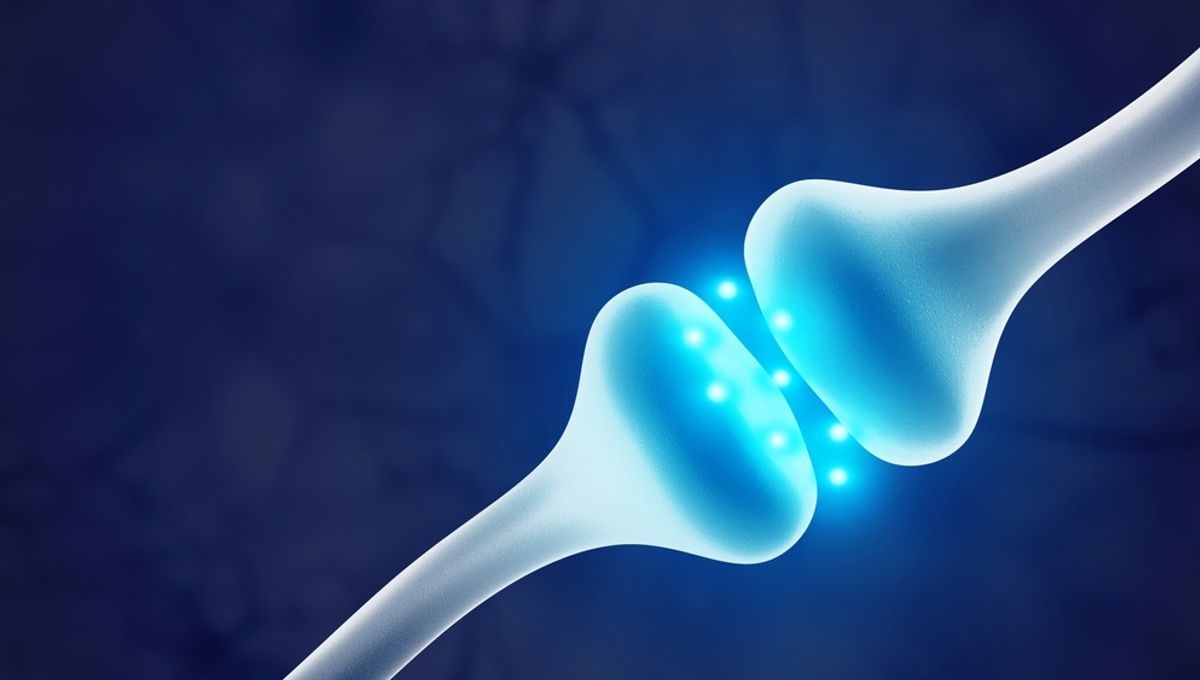
A direct connection between levels of nitric oxide in the brain and autism has been established for the first time in a new study. The breakthrough findings, from a team led by Dr Haitham Amal at the Hebrew University of Jerusalem, offer an insight into a previously undiscovered mechanism underlying the development of autism, which affects around one in 36 children in the US alone.
“It is a significant breakthrough in autism research,” Dr Amal told IFLScience.
Diagnoses of autism are on the up. While this in itself could be a good thing, if it means more people getting the right level of support at an earlier age, a lot of research is still ongoing to try to unpick the mixture of complex factors, likely both genetic and environmental, that cause autism.
This study has been a long time in the making, with the first indications that nitric oxide (NO) could be playing a role in experimental models of autism coming several years ago when Dr Amal was a postdoctoral researcher at MIT. The new study went further to try to pin down the mechanism underlying this observed link.
The team at the Hebrew University of Jerusalem were able to demonstrate that behavioral and cellular indicators of autism were more apparent when levels of NO in the brains of mice were increased. Injecting wild-type (genetically typical) mice with a compound called S-nitroso-N-acetyl penicillamine – or SNAP for short – which releases NO, caused them to start displaying the typical traits seen in mouse models of autism. These include repetitive behaviors and decreased sociability.
The opposite was true when NO levels were lowered in an autistic mouse model via treatment with an inhibitor, 7-nitroindazole (7-NI). The treated animals showed greater interest in new objects and appeared less anxious.
“Injecting NO donors to normal mice which showed autistic features was an amazing finding,” explained Dr Amal. “We proved experimentally that this elevation is a pathological factor that affects autistic features. We showed that our pharmacological intervention by inhibiting NO in the brain leads to reducing the autistic features.”
Taking their research beyond the mouse models, the team also performed some experiments using human stem cells and blood samples taken from autistic children. The results from these experiments validated the work in the mouse models, supporting a mechanistic link between NO levels and the molecular, cellular, and behavioral features associated with autism.
Dr Amal believes that these findings could have far-reaching significance: “This discovery can have implications on the relationship of NO with other neurological diseases, such as Alzheimer’s, or psychiatric diseases such as schizophrenia and bipolar disorder.”
Being on the autism spectrum affects people in countless different ways, so support and coping strategies will vary hugely between individuals. The research team hopes that their work could open up the possibility for drug treatments that might help some autistic people with the challenges they face.
“I am hopeful that with our new understanding of the NO mechanism, we can begin to develop therapeutic drugs for [autism] and help millions of children and adults […] around the world,” Dr Amal concluded.
The study is published in Advanced Science.
Source Link: Brain Nitric Oxide Levels Play A Significant Role In Autism, Study Finds